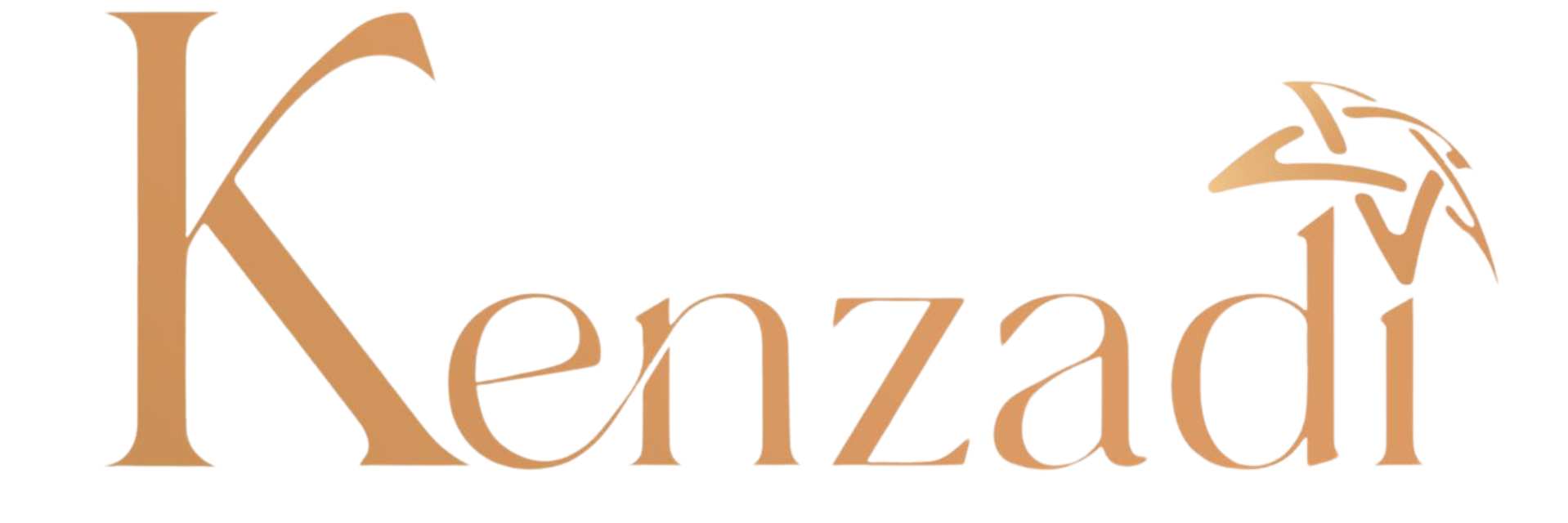Understanding Argan Oil: Origins and Benefits
Argan oil, a valued product derived from the nuts of the Argan tree (Argania spinosa), boasts a rich historical tapestry woven into the cultural fabric of Morocco, particularly in the Marrakech region. This unique tree is indigenous to the semi-arid areas of southwestern Morocco, serving as a crucial resource for local communities. The extraction of argan oil has traditionally been a communal activity, typically performed by women, making it a significant element of social structure and economic empowerment in Moroccan society. Its production methods, entrenched in artisanal practices, have been passed down through generations, representing both heritage and livelihood.
The benefits of argan oil extend beyond its cultural significance; it is renowned for its extensive applications and effectiveness in various domains, particularly in skincare and haircare. Rich in essential fatty acids, antioxidants, and vitamin E, argan oil is celebrated for its hydrating properties. When applied to the skin, it provides deep moisture, combats dryness, and helps to improve the overall complexion. Furthermore, it is praised for its ability to reduce the appearance of scars and stretch marks, making it a favored choice among those seeking natural skin remedies.
In addition to skincare, argan oil has gained recognition for its remarkable benefits for hair health. It is often used as a natural conditioner, enhancing hair’s shine and manageability while reducing frizz. The nourishing components of argan oil strengthen hair, offering a protective layer that can help prevent damage from environmental stressors. Beyond beauty applications, argan oil is experiencing a surge in culinary use, adding a distinctive flavor to dishes and boasting a variety of health benefits. Its antioxidative properties contribute to heart health and may play a role in reducing cholesterol levels, underscoring its versatility as both a beauty elixir and a culinary delight.
The Harvesting Process: From Trees to Nuts
Argan oil, renowned for its culinary and cosmetic uses, is derived from the nuts of the Argania spinosa tree, indigenous to the semi-arid regions of Morocco, particularly around Marrakech. The harvesting of argan nuts is a labor-intensive task primarily performed by local Berber women, emphasizing the rich cultural heritage surrounding this industry. The traditional method of harvesting involves climbing the trees to collect the ripe fruits, which are then laid out to dry in the sun, allowing for easier extraction of the nuts.
Once dried, the nuts are cracked open to release the inner seeds, which contain the oil-rich kernels. This manual labor not only preserves the quality of the nuts but also fosters community involvement and empowers local women. The sisters of the argan harvest are often organized into cooperatives, which guarantee fair wages, promote sustainable practices, and support the local economy. This community-focused approach ensures that the harvesting methods respect the delicate ecosystem in which the argan trees thrive.
The geographical aspects of the Marrakech region further enhance the quality of argan nuts. The area’s climate, characterized by significant sun exposure and limited rainfall, promotes the growth of the argan tree, yielding nuts that are rich in nutrients and beneficial properties. Additionally, the unique terroir of the region imparts specific characteristics to the oil produced, making Moroccan argan oil highly sought after worldwide. Sustainable harvesting practices are essential, as they not only protect the longevity of the argan trees but also mitigate the impact of climate change on this precious resource. By supporting these practices, consumers contribute to the preservation of the local environment and the livelihoods of the communities that depend on it.
Cold Pressing: Extracting Extra Pure Argan Oil
The extraction of argan oil, particularly in Marrakech, Morocco, employs a traditional cold pressing method that is critical for preserving the oil’s nutrients and flavor. This technique begins by harvesting the ripe fruit from the argan tree. After the fruit is collected, its outer pulp is removed to reveal the nut inside, which contains the precious kernels. These kernels are the primary source of argan oil.
Once the nuts are extracted, a mechanical process is implemented to crack them open and retrieve the kernels. The cold pressing process itself involves grinding the kernels into a paste, followed by pressing this paste using a hydraulic press. This method is essential as it does not involve any additional heat, which can compromise the delicate compounds within the oil. The result is a nutrient-rich liquid, often characterized by its distinctive golden hue, and known for its numerous health and beauty benefits.
Producers face several challenges in maintaining quality standards during this process. The mechanical equipment used must be meticulously maintained to ensure optimal extraction without contaminating the precious oil. Additionally, producers must navigate various factors such as climate and the unique characteristics of the argan fruit which can vary from season to season. Consistency in quality is paramount, as the purity of argan oil directly impacts its efficacy and marketability.
Producing extra pure argan oil not only enhances its appeal to consumers but also serves a greater purpose. It contributes to the sustainability of local communities while empowering female cooperatives that often oversee the manufacturing process. The emphasis on cold pressing thus represents more than just an extraction method; it embodies a commitment to quality, community, and the age-old heritage of argan oil in Moroccan culture.
Kenzadi.com: Your Source for Authentic Argan Oil
Kenzadi.com stands as a leading provider of authentic argan oil, offering consumers a reliable avenue for sourcing high-quality products directly from the Marrakech region of Morocco. The company’s dedication to ethical practices ensures that every bottle of argan oil meets stringent quality standards, ultimately benefiting both consumers and local producers. Sourcing argan oil ethically not only supports traditional methods but also helps maintain the delicate ecosystem of the argan forests, which are vital to the region’s biodiversity.
At Kenzadi.com, the commitment to authenticity is paramount. The company works closely with local cooperatives that employ traditional extraction techniques, ensuring that the oil retains its valuable nutrients, such as vitamin E and essential fatty acids. This attention to detail in production makes Kenzadi’s argan oil a preferred choice for consumers seeking genuine, effective products. By purchasing from Kenzadi.com, consumers can trust that they are obtaining a product that is not only of high quality but also ethically sourced.
Recognizing authentic argan oil can be challenging given the prevalence of inferior imitations in the market. One can identify genuine argan oil by checking for certificates of authenticity or certification from reputable organizations. Additionally, true argan oil typically has a distinct nutty aroma and a rich golden hue. When incorporating argan oil into daily routines, consumers may use it in various ways; it serves as a superb moisturizer for skin and hair, can be added to cosmetic formulations, or utilized in culinary dishes to enhance flavor while providing nutritional benefits.
In conclusion, Kenzadi.com provides not only authentic argan oil sourced from Morocco but also champions ethical practices that benefit both the environment and the local economy. By choosing Kenzadi, consumers are making a conscious decision to invest in quality while supporting sustainable practices in the argan oil industry.

